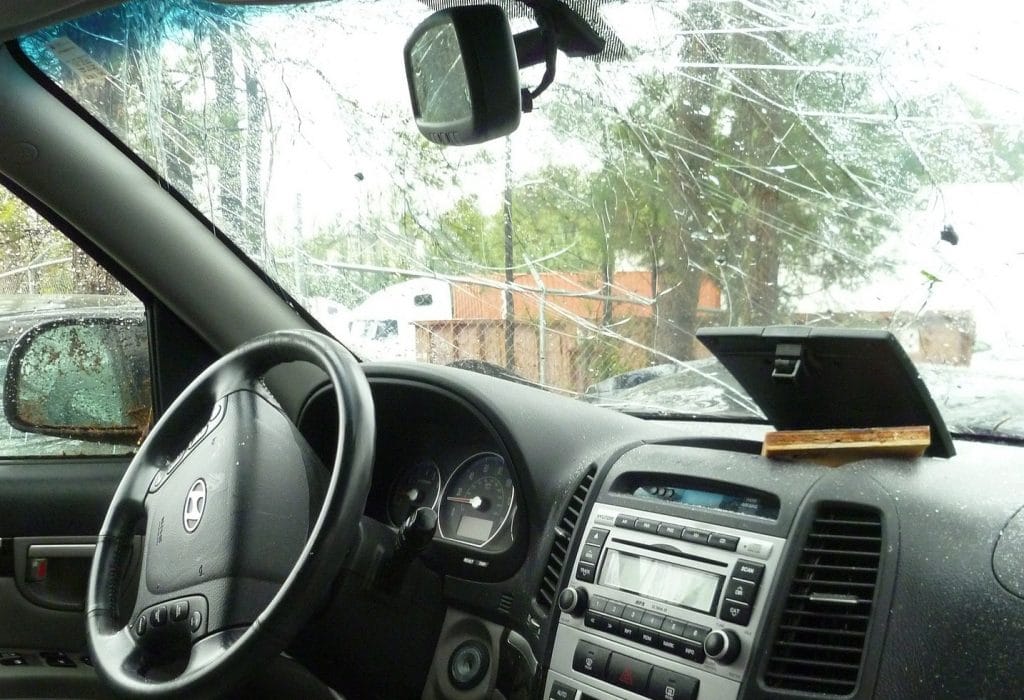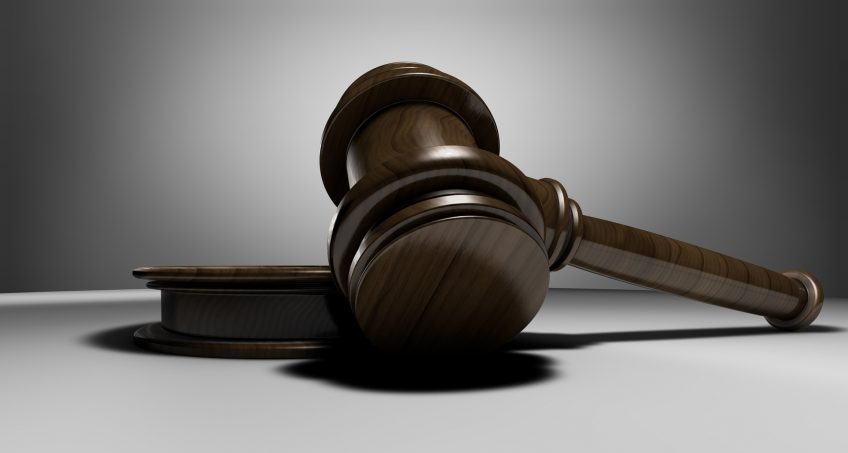State Legislator Proposes New Texting and Driving Law
Car AccidentsState Representative, Carlos Guillermo Smith (Democrat), from House District 49 in Orange County has proposed a bill that seeks to make texting and driving a primary offense as opposed to a secondary offense. Representative Smith is new to his office and appears to be seeking to make waves in his first term in office with the change to the texting and driving law. Smith called the current texting and driving law “toothless” on Facebook on November 23, 2016. Under his proposal, police officers would be able to pull over a vehicle if they believe that the driver is texting, whereas under the current law, a police officer can only issue a citation if the vehicle has been pulled over for some other reason.
Florida’s Texting and Driving Ban
I have written a page on texting and driving in Florida and several blog posts in which texting and driving is a suspected cause of the accident. The current law is contained in section 316.305, Fla. Stat. and prohibits anyone from operating a vehicle “while manually typing or entering in multiple letters, numbers, symbols, or other characters into a wireless communications device or read data on such a device for the purpose of nonvoice interpersonal communication, including…texting, e-mailing, and instant messaging.”
A Primary Violation Will Still Be Difficult To Enforce
The problem with the current law is not that it is a secondary violation (like a seat belt violation). Instead, the problem is that it is impossible for a police officer to know what a person is doing on their phone without making a stop to look at the phone. In order to enforce a ban on texting and driving as a primary uniform traffic violation, then police officers will have to make more stops in order to investigate. As we all know, to pull a vehicle over, the officer has to put on their red and blue lights. Even if a police officer has actually observed a person definitively texting while driving (observing it going down the highway may be dangerous in and of itself too), chances are that the offending person has switched screens by the time they actually come to a stop and the police officer has a chance to get out of the car. At that point, the Fifth Amendment constitutional guarantee against self-incrimination is implicated in asking the person to either hand over their phone for an inspection (a Fourth Amendment violation for illegal searches and seizures) or is compelled to answer questions from the officer.
Distracted Driving Is The Real Problem
The real problem is distracted driving. People do all sorts of things behind the wheel of cars that are dangerous. Operating a GPS device, while not illegal, is just as dangerous as texting and driving. Perhaps a better law for Representative Smith to propose would be a secondary violation for distracted driving. This would mean that if there is evidence to show that an accident was caused by distracted driving of any sort, then the penalty (whatever it might be) can constitutionally be enhanced. A primary violation for not paying attention, including texting and driving, is difficult to prove unless there has been an accident. While there is not an official “no harm, no foul rule,” principles of fundamental fairness make it difficult to enforce any driving law that does not also address the location or behavior of the car. In other words, if someone is texting (or operating GPS or whatever) and they don’t maintain a single lane of travel, then the officer can already pull the car over for weaving. Likewise, if there is an accident involving two vehicles, one driver can already be charged with careless driving. As such, the texting and driving element can only serve to enhance a penalty at best.
Texting and Driving In A Civil Courtroom
When you are suing another driver for an accident, you have the right to subpoena the other driver’s cell phone records to determine whether they might have been texting and driving or just using the cell phone. While you have that right, oftentimes there is other evidence in the case that is more persuasive. If a driver is texting behind the wheel and slams into the rear end of another car stopped at a traffic light at full speed, then a jury is smart enough to know that the driver was clearly not paying attention. The specific reason for not paying full attention to the roadway may not matter so much. If another person was hurt from that accident where liability is obvious, the defendant driver will usually admit liability and then the only remaining issues relate to damages.
Call a Lakeland Personal Injury Attorney To Discuss Your Case Today
If you have been injured in an accident with a driver who was texting, please give a Lakeland car accident attorney a call to discuss your case for free.


